In 2004, the Lakers chose to keep the young Kobe, so why did the Cavaliers keep the old James in 2017?
Veteran fans are undoubtedly familiar with the complex relationship between Kyrie Irving and LeBron James. The pair joined forces on the Cavaliers, enduring lows and reaching the pinnacle of success together before parting ways abruptly in 2017, leaving fans with lingering questions. LeBron James reflected on their split in an interview, expressing regret: "I've been thinking about whether there were things I could have done differently, so he wouldn't have asked for a trade. Was it because we lost to the Warriors, or did I take his spot as the leader, or was it due to the changes in management... I don't know, I feel really sad about his departure."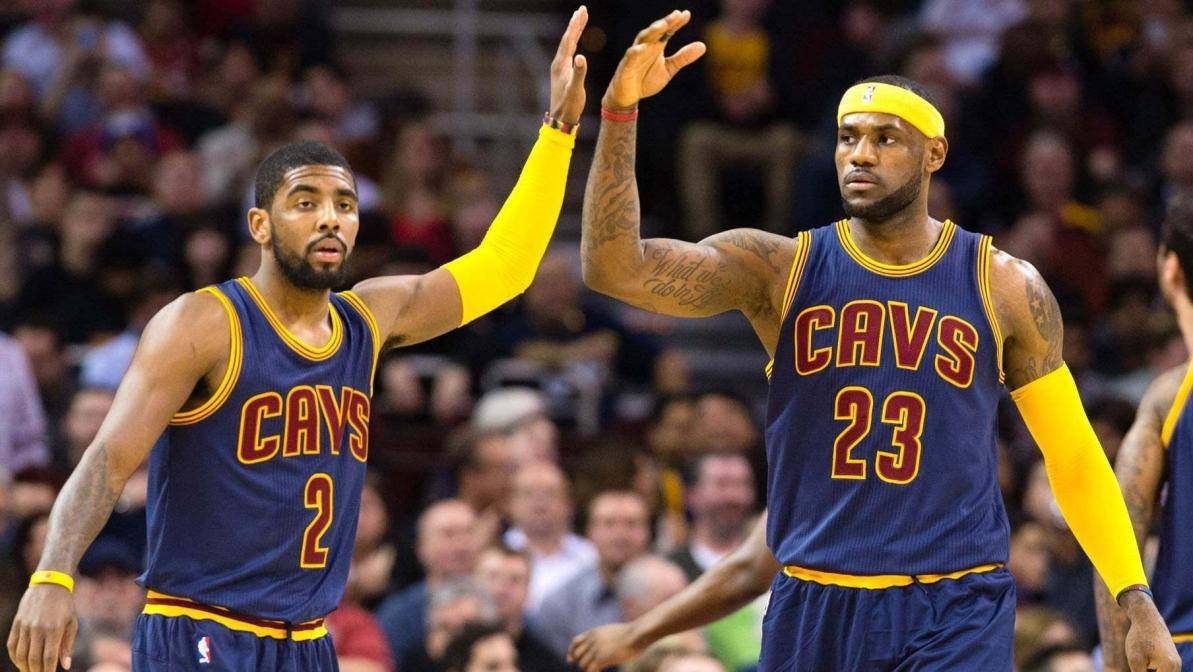
Seeing Kyrie Irving join the Mavericks and return to championship contention in 2024, LeBron James shared his thoughts: "I'm so happy to see Irving continue to grow, but at the same time, I'm very frustrated because I'm not there competing alongside him. He is one of the most talented players in NBA history." Some may view these comments as merely courteous, but they suggest that the rift between the two is not as deep as the Lakers' "OK" combination's breakup. This leads fans to wonder if the duo could have achieved even greater success in Cleveland if they had remained united, considering the injury-riddled Warriors in 2019.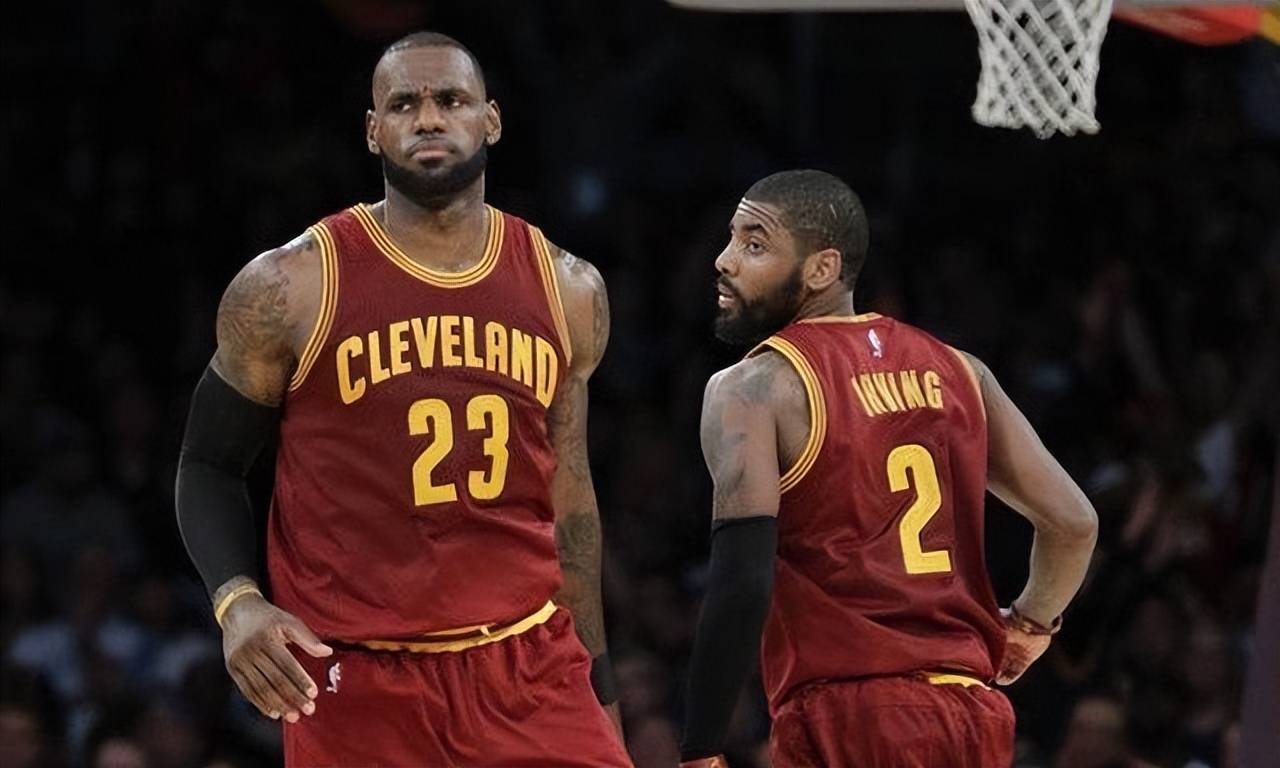
However, these are just hypothetical scenarios, unattainable no matter how much we speculate. Instead, let's consider a more tangible question: Why didn't the Cavaliers opt to trade the 33-year-old LeBron James and retain Kyrie Irving, who was entering his prime, similar to what the Lakers did when they traded the aging Shaquille O'Neal and kept Kobe Bryant upon the dissolution of their "OK" combination?
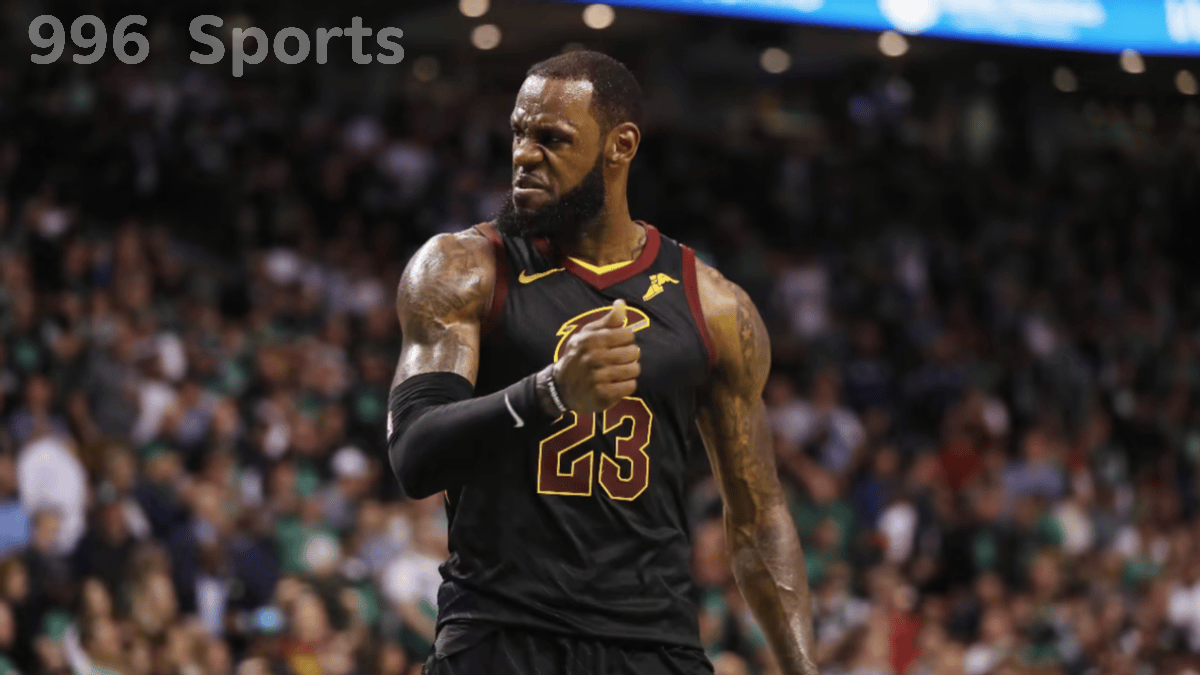
LeBron James' physical condition at age 33 was entirely different from Shaquille O'Neal's. At 33, LeBron James was still a dominant force in the league. Unlike Shaquille O'Neal, whose physical dominance began to wane as he approached his mid-thirties, LeBron James' peak extended well into his thirties. In the 2017-18 season, he averaged 34.0 points, 9.1 rebounds, and 9.0 assists per game in the playoffs, a performance that could be described as "god-like."
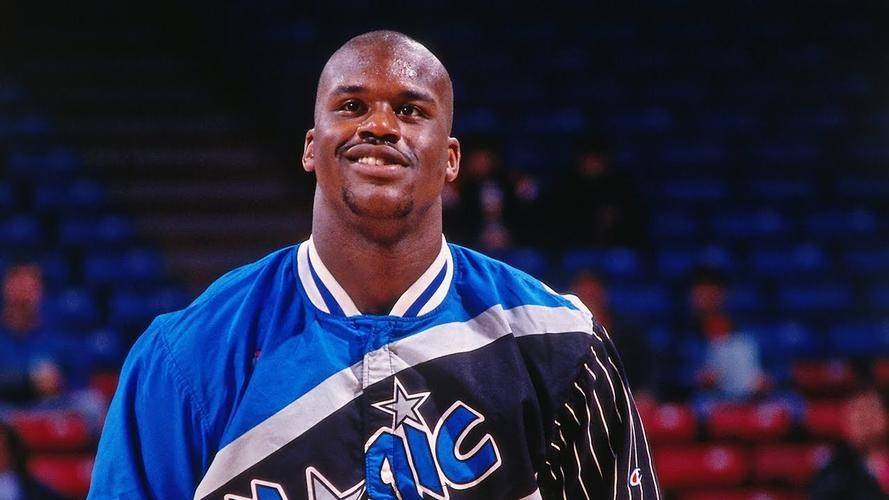
Thus, despite Kyrie Irving entering his prime, averaging around 25+5+3 per game, his performance paled in comparison to the "superhuman" LeBron James, who was still performing at a superstar level. Therefore, the Cavaliers naturally opted to retain LeBron James rather than trading him.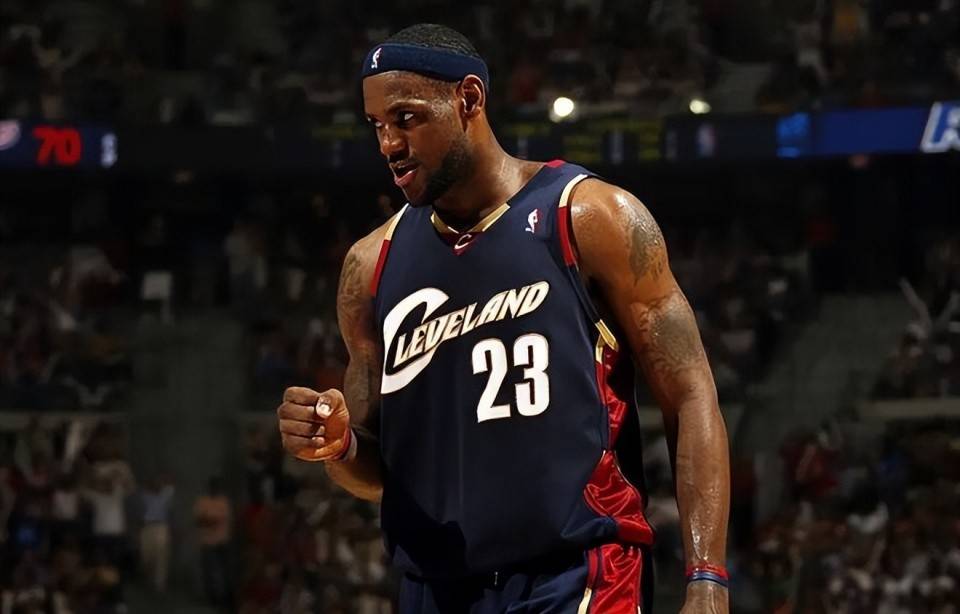
Moreover, unlike Shaquille O'Neal, who was not a direct product of the Lakers' system, LeBron James held immense significance for the city of Cleveland. LeBron James is the "son of Akron," Ohio, and his return to Cleveland was significant, as he delivered the city its first NBA championship in team history. Kyrie Irving, while also developed by the Cavaliers, lacked the same emotional connection and cultural significance that LeBron James represented for the city.
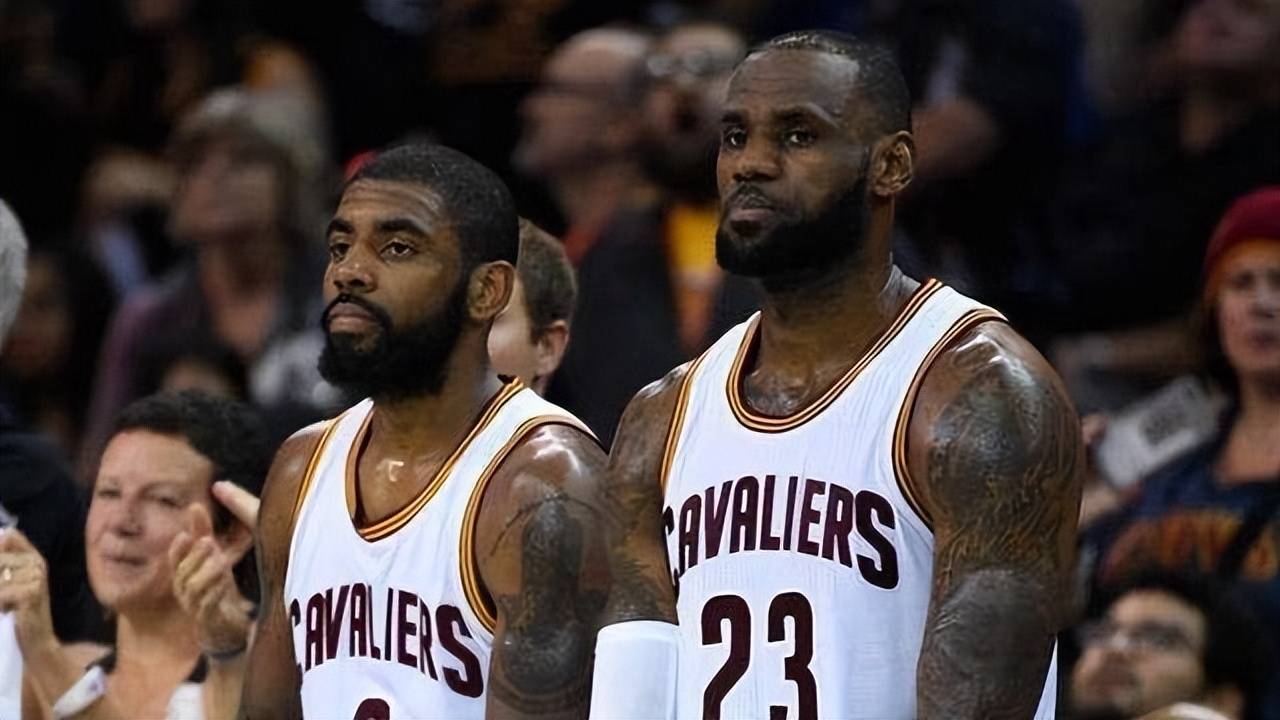
Lastly, in terms of commercial value, LeBron James far exceeded Kyrie Irving. Since his debut, LeBron James has been a major draw, commanding significant attention and revenue. His marketability and brand value were unparalleled, making him a critical asset for the Cavaliers. Given the choice between retaining LeBron James or trading him for Kyrie Irving, the Cavaliers logically chose to keep the "cash cow" that was LeBron James.
